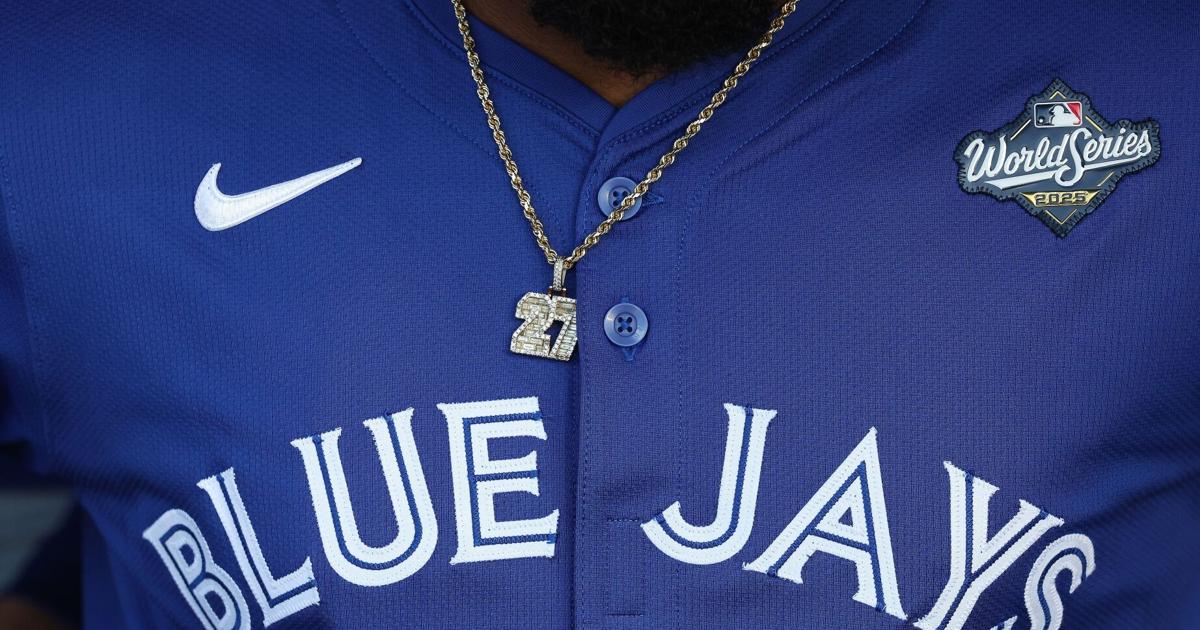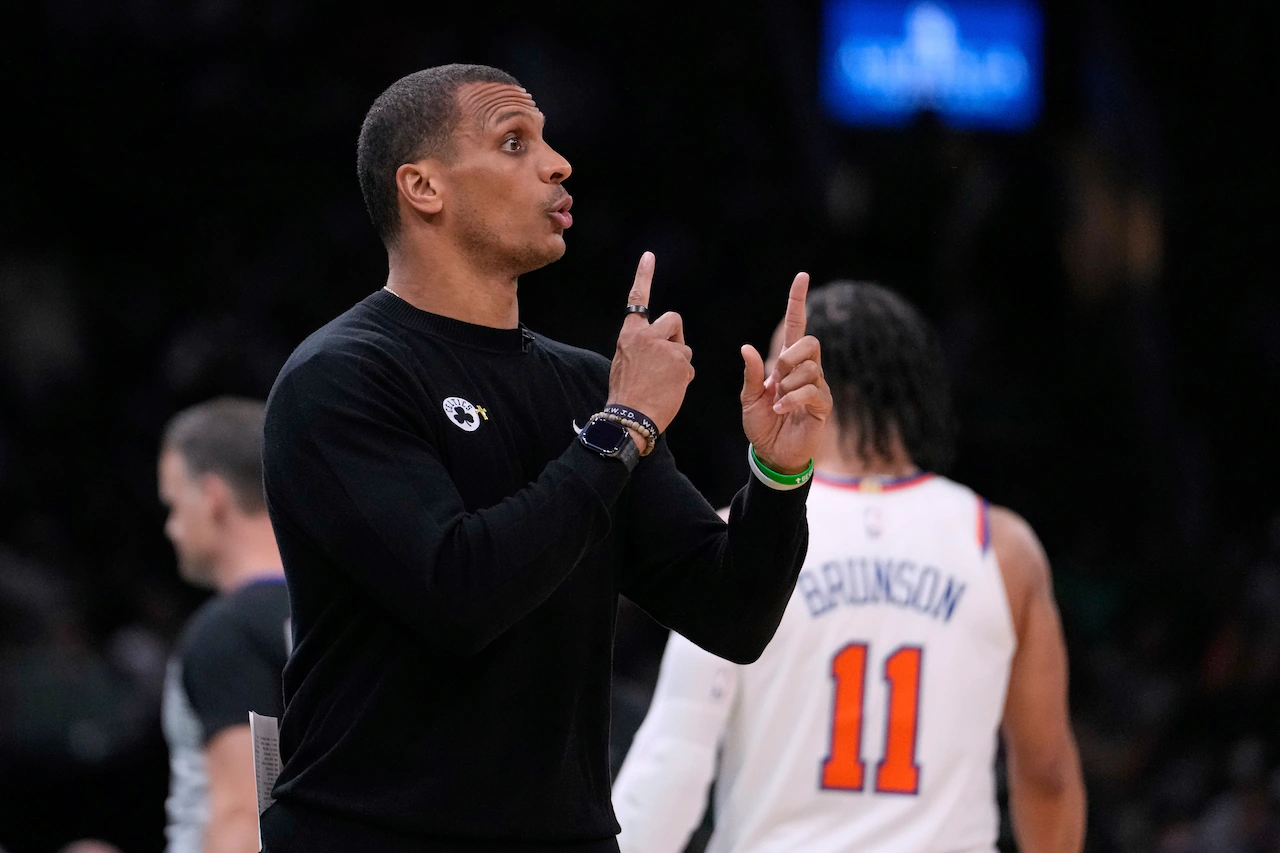Copyright thestar

Fandom is two dogs. One sits placidly in calm, beatific light, surveying all that surrounds it, while one is howling and snarling, drooling for the meat of outrage. Both beasts are served play to play, or in the case of Blue Jay fans last night, pitch to pitch, for 18 enduring innings. We’re either weeping after the release of victory or braying in the shadows of defeat, which, twelve hours ago, is how we went to bed. These games — even those that only go nine innings — leave us bruised and exhausted, moving between hounds, giving them the attention they demand. Both are necessary and both dwell on the same grounds. Whether we manage them well depends on how often we’ve been bitten or licked. An in-law, newish to the stress and tension of playoff baseball, wrote to my wife to ask if “Dave was losing his mind.” She reported that, generally, I was not, at least not outwardly, the prerogative, it seems, of having witnessed almost 50 years of Blue Jay fortunes, from the first game in April, ’77, which I went to with my father, to this year’s World Series. There was a time when I was more fanatical in my worship of the team, living through the collapse of ’87, near-misses in 89 and 91, and unrequited seasons in 2015 and 2016. In those years, I felt, irrationally, as if their fortunes were a mirror to mine — I might better succeed at life if they did well on the field — and impermanent shrines were constructed in front of televisions (cards, pennants, and perforated All-Star ballots nominating Tony Fernandez and George Bell propped up below the screen) to help coax the team along. In one compelling instance, I found myself at an autumn game screaming into the ear of reliever Dave Righetti as he warmed up in the first base bullpen during a late-season Yankees-Blue Jays contest. Rags went into the game, served up a grand slam home run to Bell, then turned and threw the ball into the stands, hunting me and a few friends. Telling the story later, I wasn’t exactly sure such a preposterous thing had happened until I came across the story in a Righetti memoir, framing it as his “worst day in baseball” when he’d let a group of fans in Toronto get to him. But that day, the beasts were hollering. I would have done anything to help the team win. Decades later, however, I’m now able to sit and pet the dogs (this is also, literally, true, owing to our family rescue, the potcake Sandy) enjoying the journey to the championship, if not the championship itself, even when situations grow as stressful as they did last night. This is partly the result of no longer having the sustained energy or stamina to carry through the tempest of these rituals; partly because life is now too crowded with other responsibilities to find time to go the extra yard; partly because of the inflated costs of attending the games in person; and partly because of the mental health tax that is exacted when one sways between emotional poles. It’s all I can do to fathom the action of the games, let alone the hours that surround them, before and after. I’m grateful, then, for having this burden assumed by the sports radio and podcast crowd, who react to the drama witnessed by us, for us. Recently, someone asked after the appeal of these voices, wondering; “You really like listening to people talk about what you just saw?” Fanatical, hyperbolic, erudite, funny, hot-takey or otherwise — although the best sports commentators should span all of these qualities — sports media absorbs whatever emotions I feel after a game, then sausages it out for the rest of us to consume. Sometimes, after a loss, it’s a shoulder to cry on, while after a win it’s someone to stride alongside in the victory march. This is none more true than during the World Series edition of the Baseball Tonight pod, where two hosts, including former big leaguer Eduardo Perez, venture out to the streets post-game — their “Clown Stroll” — doing a game recap while walking back to their hotel. Fans occasionally leap up and adroitly comment into their roving microphone, while other broadcasters, like Caleb Joseph, are encountered along the way. For me, it’s a place to park my joy or frustration. There’s only the occasional outrageous punditry, and the hosts feel as seasoned as commentators as I am as a fan. That said, outrage or apoplexy, when delivered cleverly, can help steam the air, delivering oxygen into a hot, close place fouled by the peccadillos of hardcore fandom. I try and listen to JD Bunkis and Sam McKee on all sports whenever I can (I downloaded their work on the Fan 590 while in Mexico), because their voices and opinions are a reminder that caring about your team is ok, even when that team takes its boots to your heart, or, better yet, swells it with heroics. Their last shared pod celebrated George Springer’s Game 6 home run in a style atypical to sports media, creating the kind of narrative — where and how they watched, with whom, and in what favourite ball cap — the way a neighbour or friend might relate their experience. We already know that Springer’s three-run shot sent the Jays on their way. What we don’t know is how people engaged with the moment, however wild, lurid, intense and absurd. Bunkis and McKee deliver themselves as fans and witnesses without behavioural apology. The fifth estate throws up their hands but the memoirist finds a kindred voice. This morning, Bunkis was in his regular 9 a.m. spot on the Fan despite weathering, like many of us, the vagaries of a 3 a.m. Freddie Freeman home run to end the second longest playoff game in MLB history. By the time the Dodgers collapsed upon their hero, our family had climbed the stairs to bed, drained wordless and physically sore after six plus hours of keening and lurching at the screen. Even through a deep, though discontented, sleep, it was hard to make sense of what we’d seen as Blue Jay fans, forgetting early inning action because of the epic length of the game, which left us bleary and bereft of perspective. The aftermath of the Game Three marathon has been disorienting, at best. Sometimes we all need a friend to tell us what really happened.



